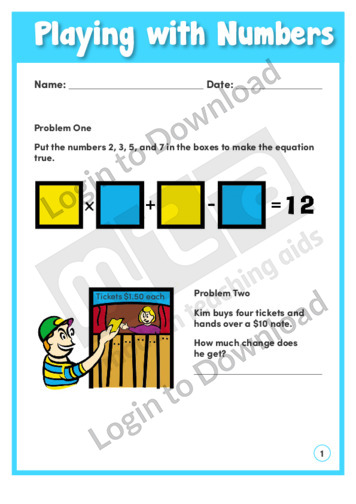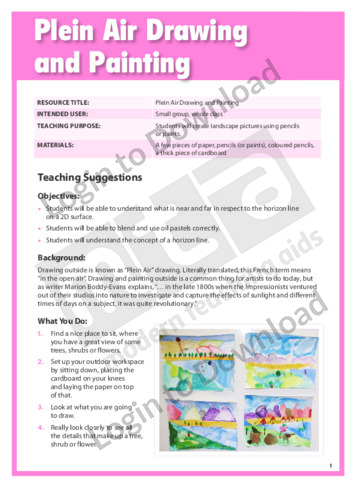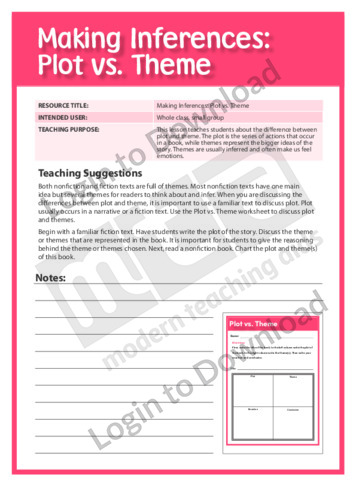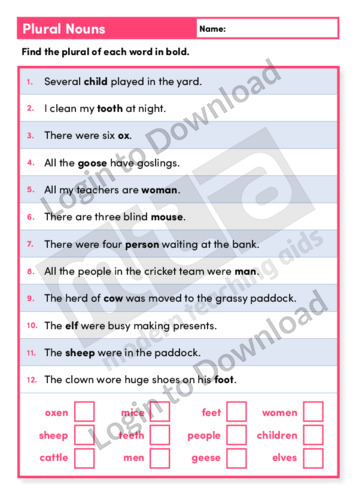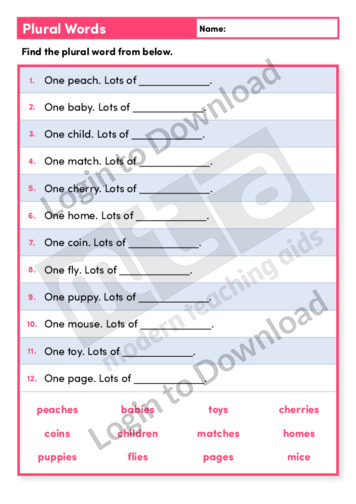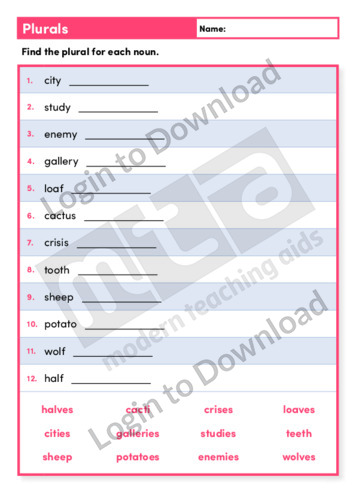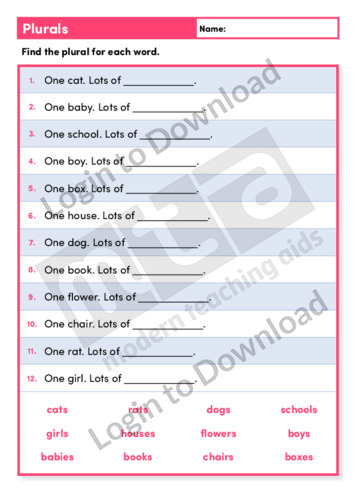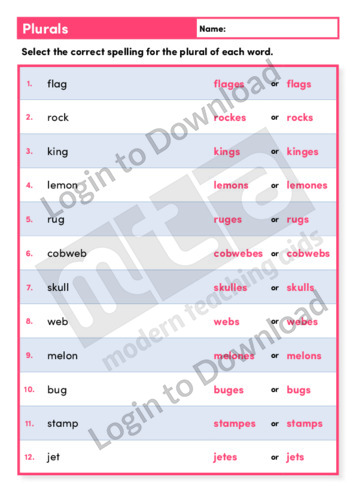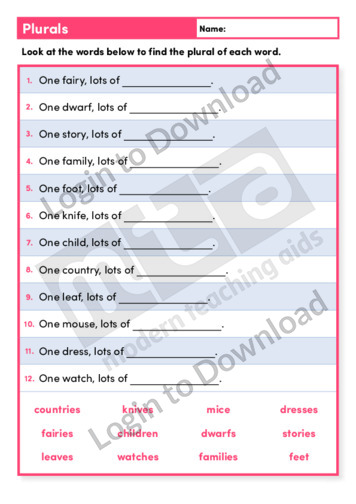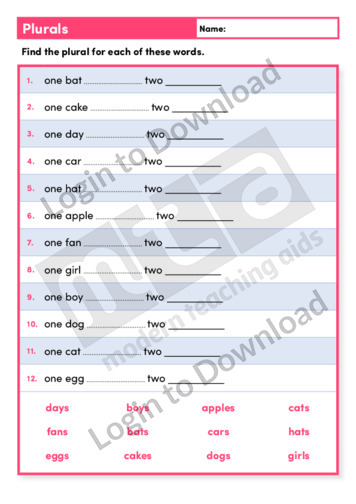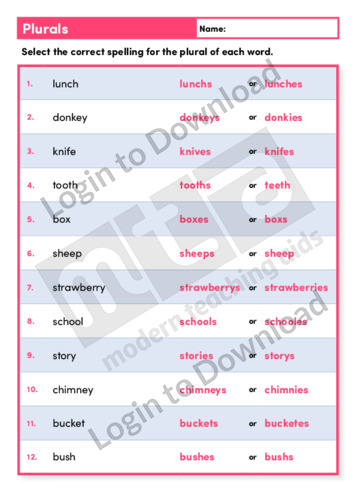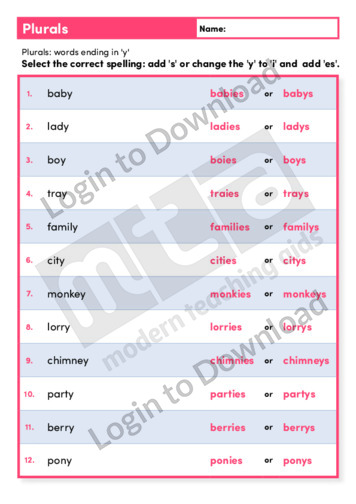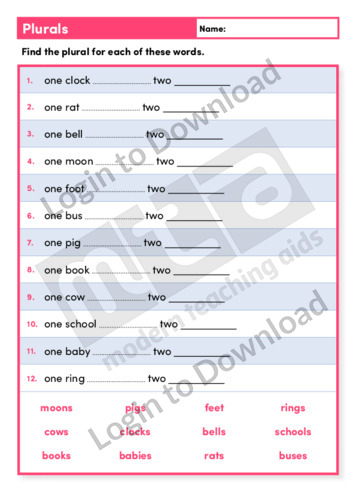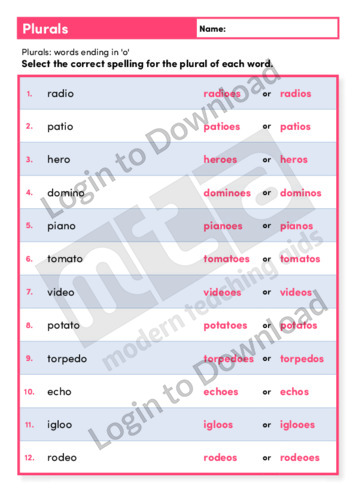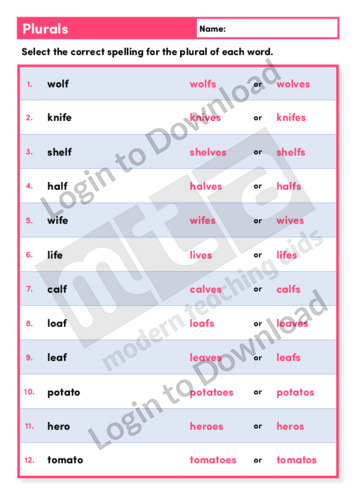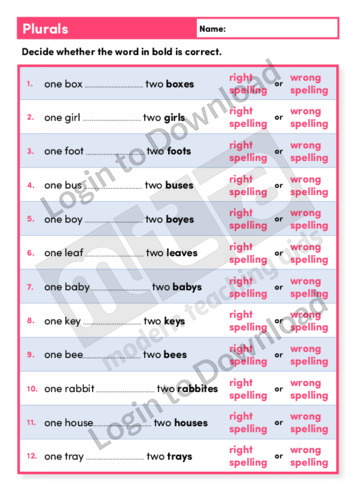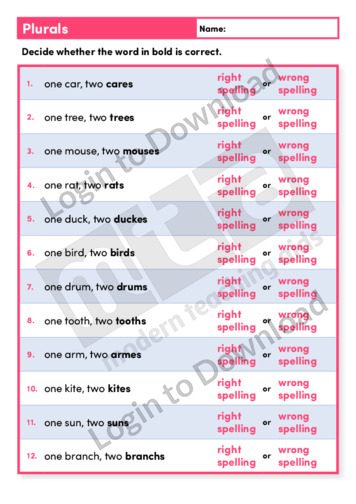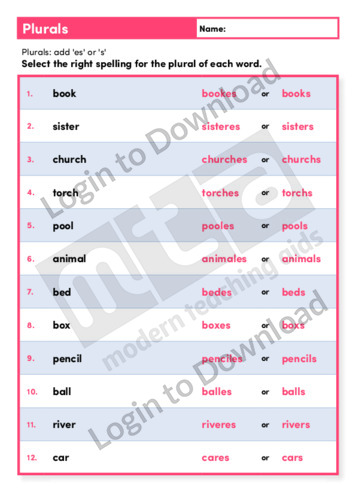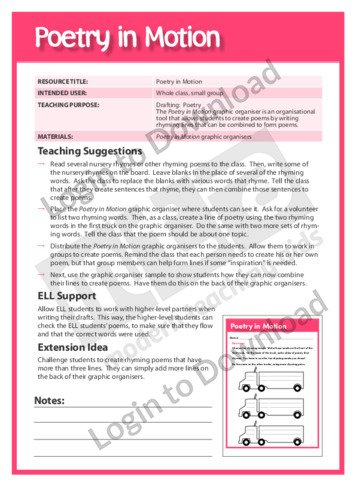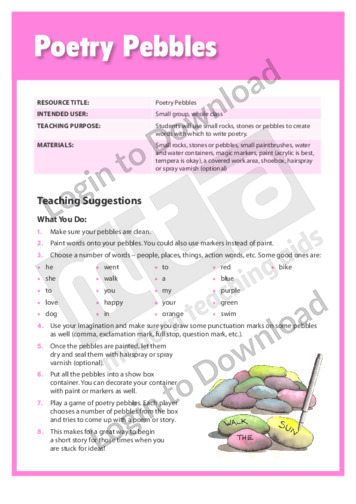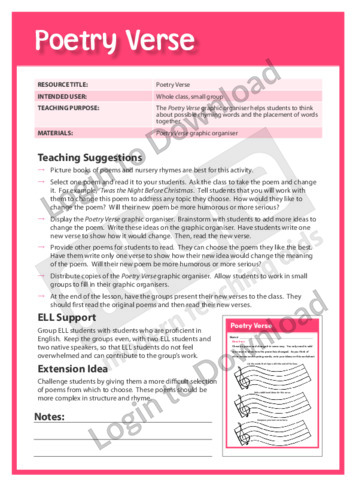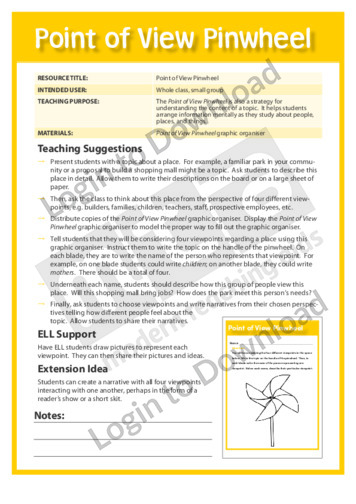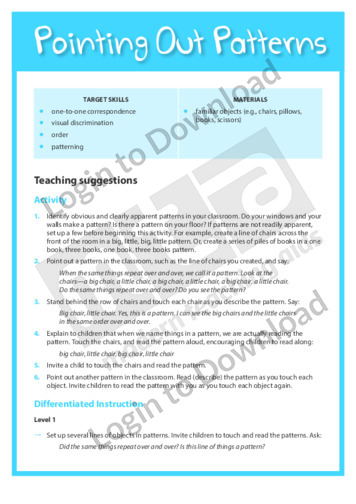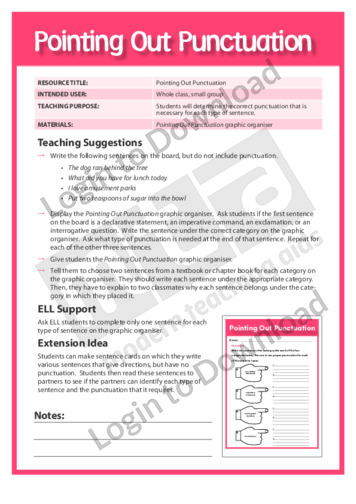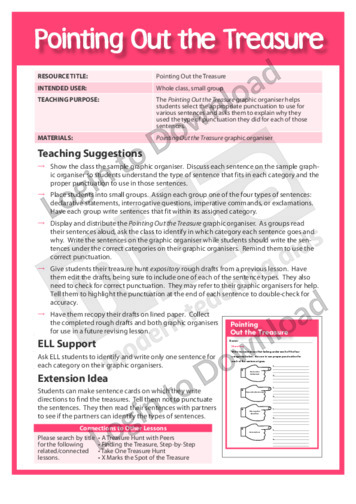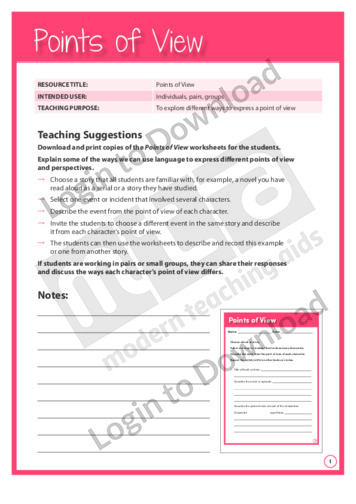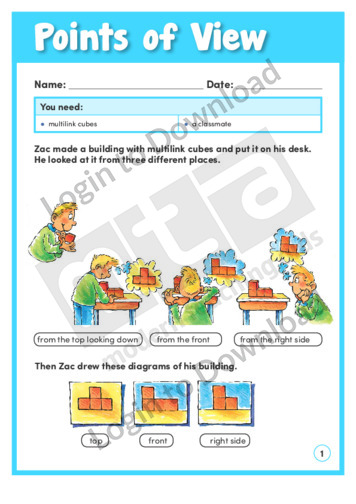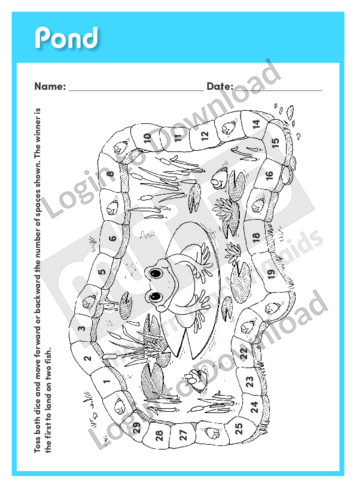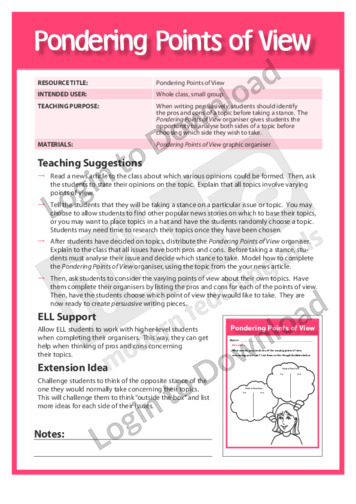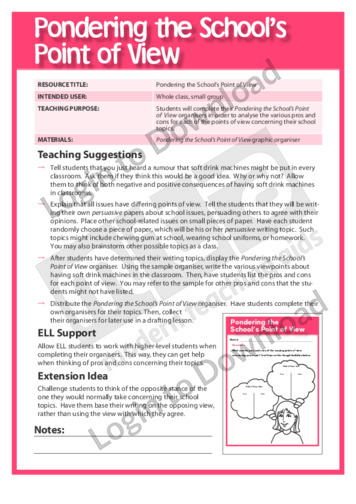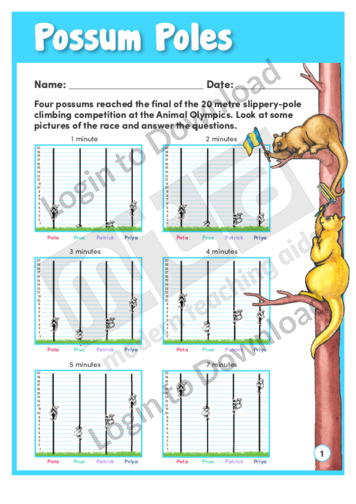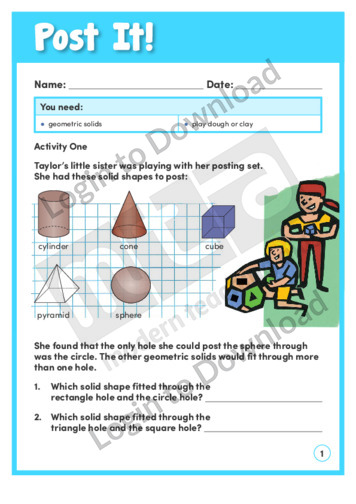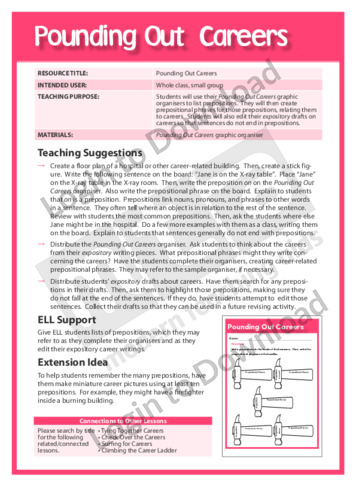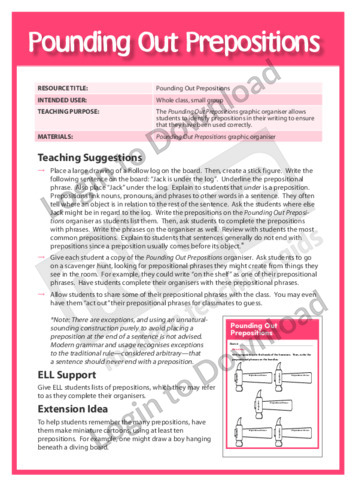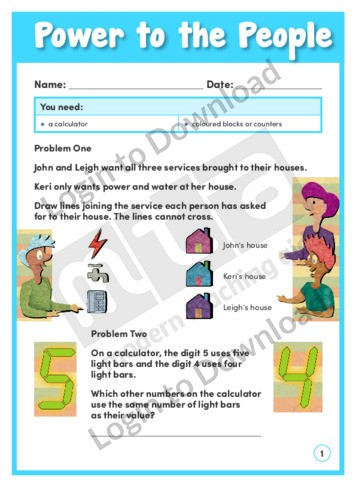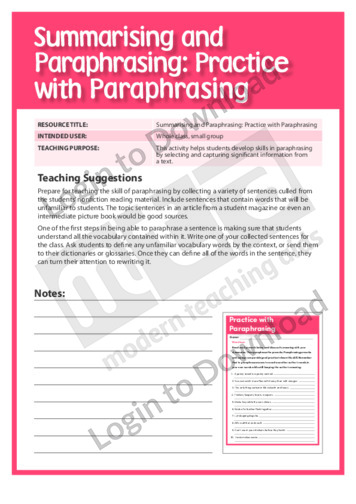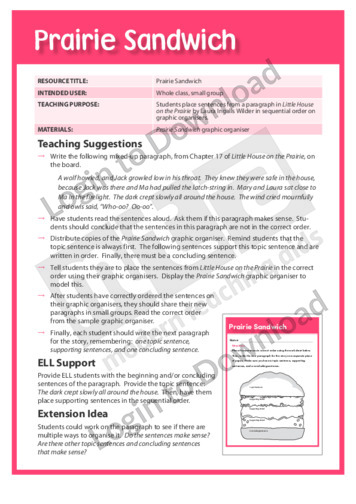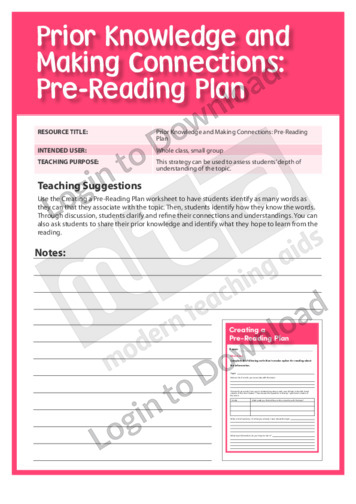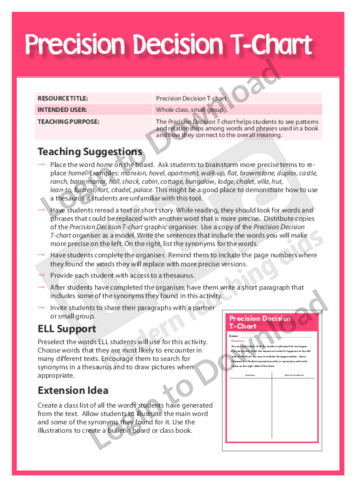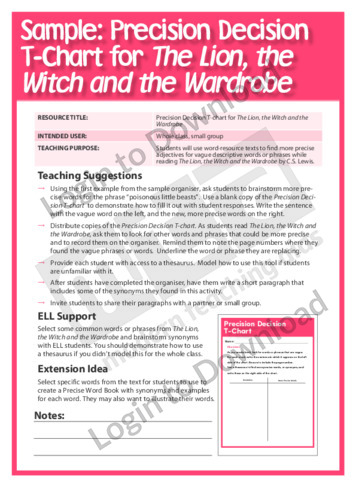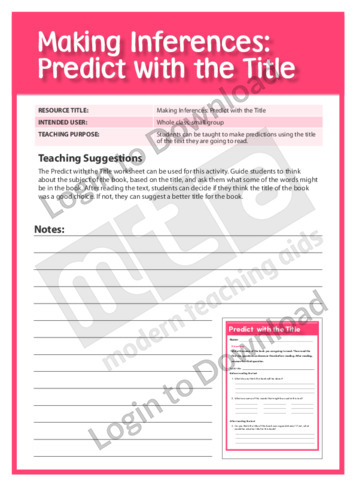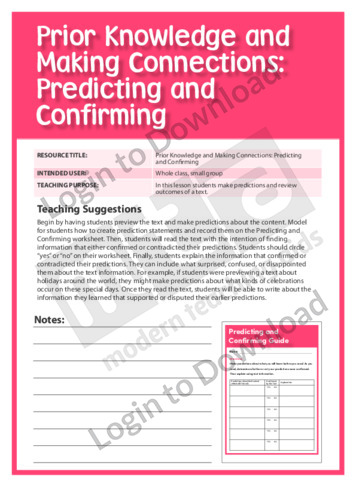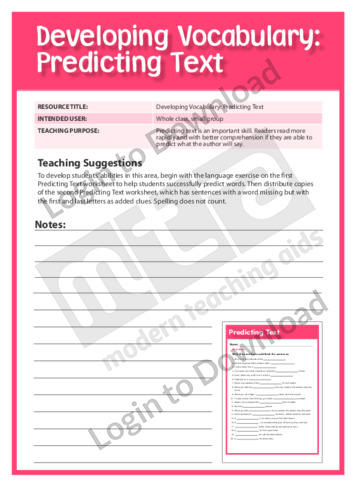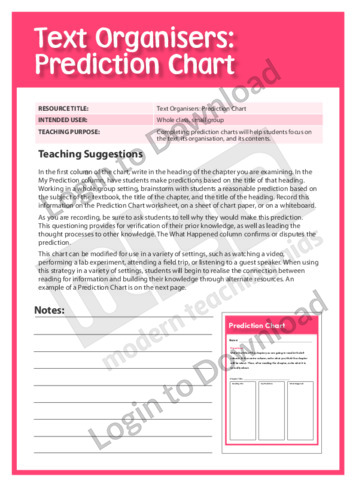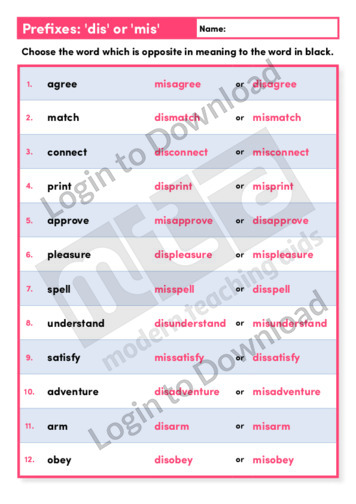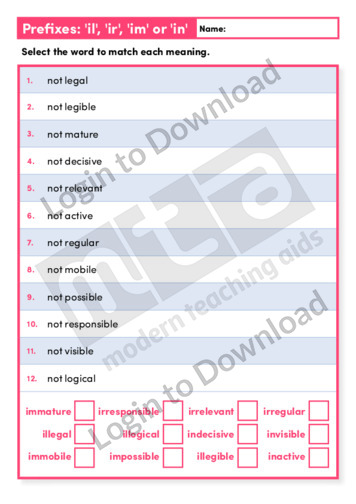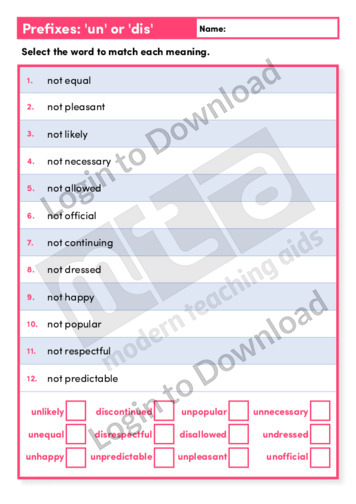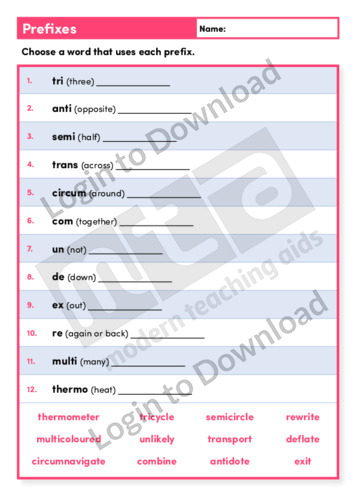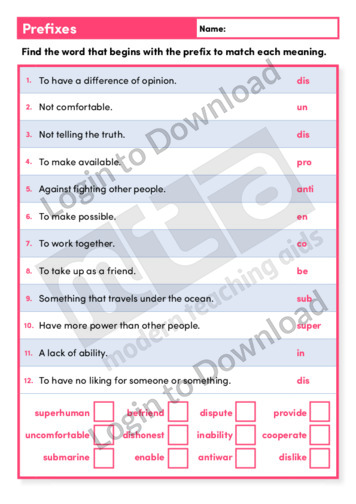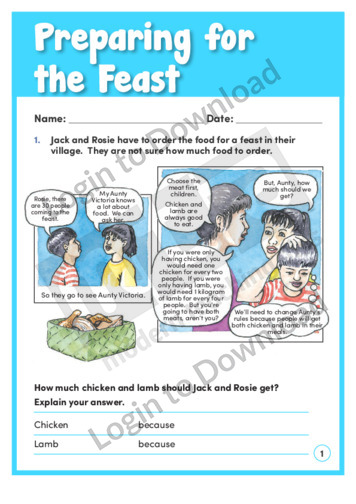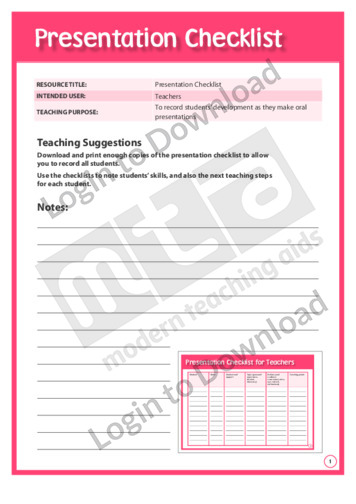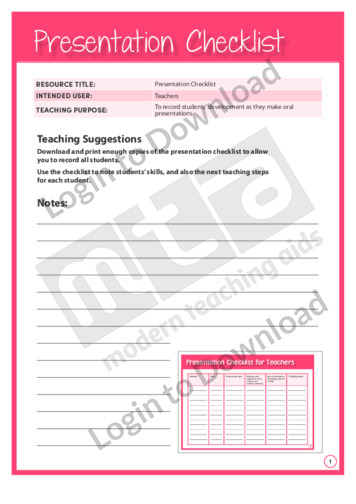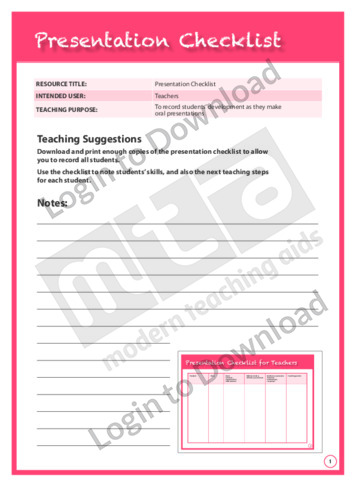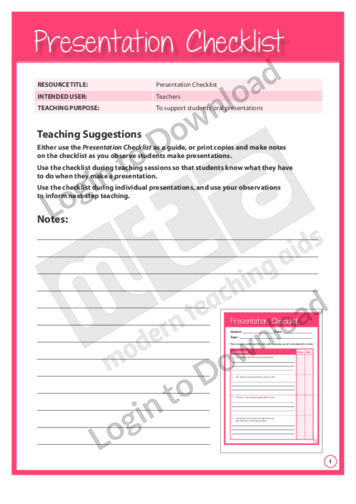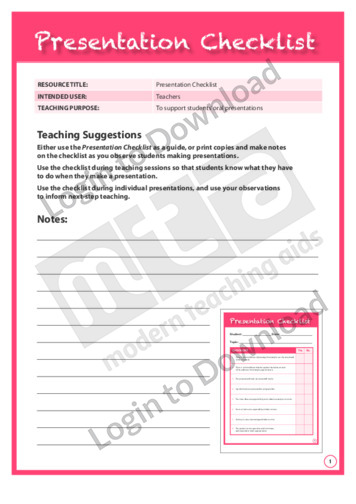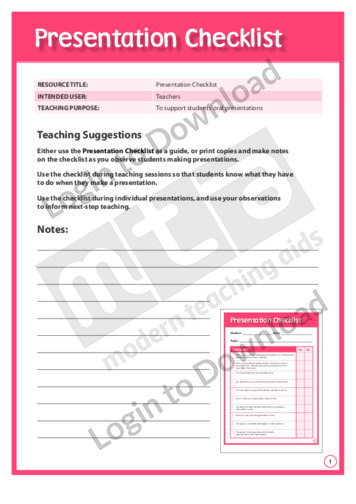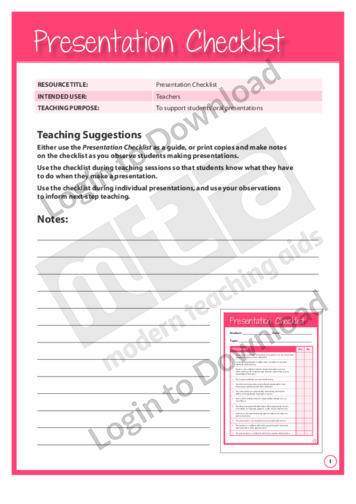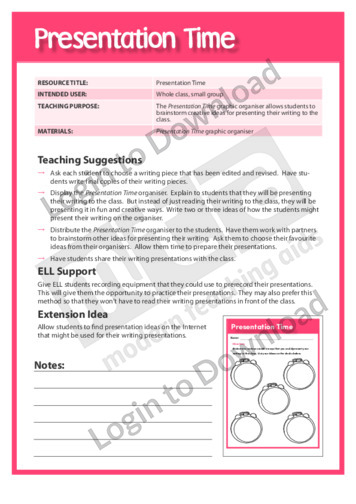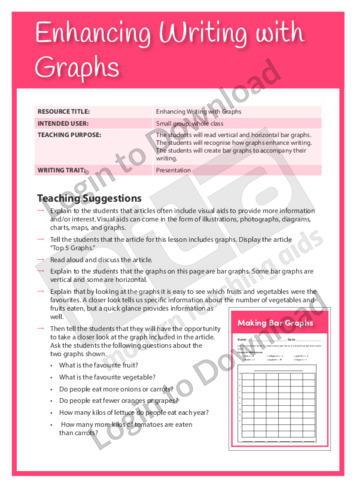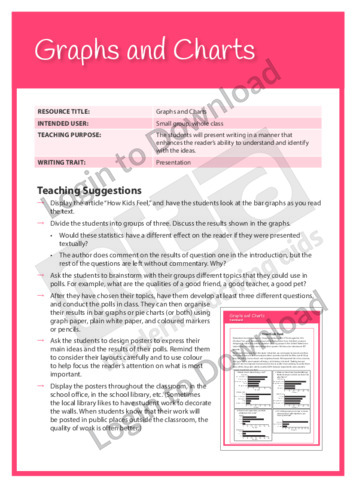This art project ‘Plein Air Drawing and Painting’ enables students to create landscape pictures. It is aimed at developing students’ awareness of basic artistic procedures. It provides a list of materials, easy-to-follow step-by-step art instructions and a recommended art book.
This content area reading learning activity, Plot vs. Theme,’ helps students understand the difference between plot and theme. It teaches students that the plot is the series of actions that occur in a book, while themes represent the bigger ideas of the story.
This spelling activity, ‘Plural Nouns’ provides opportunities for practice with changing the singular form of the noun to the correct plural.
This vocabulary activity, ‘Plural Words’ supports vocabulary development by encouraging students to match the word to its plural form in context.
This vocabulary activity, ‘Plurals’ supports vocabulary development by encouraging students to identify the correct plural nouns.
This vocabulary activity, ‘Plurals’ supports vocabulary development by encouraging students to recognise the plural forms of common nouns.
This spelling activity, ‘Plurals’ provides opportunities for practice with correctly spelling the plural form of each noun.
This vocabulary activity, ‘Plurals’ supports vocabulary development by encouraging students to use plural nouns in the correct context.
This spelling activity, ‘Plurals’ provides opportunities for practice with finding the plural form of each noun.
This spelling activity, ‘Plurals’ provides opportunities for practice with correctly spelling the plural form of each noun.
This spelling activity, ‘Plurals’ provides opportunities for practice with changing words with ‘y’ endings to plurals using ‘s’ or ‘ies’.
This spelling activity, ‘Plurals’ provides opportunities for practice with finding the plural form of each noun.
This spelling activity, ‘Plurals’ provides opportunities for practice with correctly spelling the plural form of each noun.
This spelling activity, ‘Plurals’ provides opportunities for practice with correctly spelling the plural form of each noun.
This spelling activity, ‘Plurals ‘ provides opportunities for practice with correctly spelling the plural form of common nouns.
This spelling activity, ‘Plurals ‘ provides opportunities for practice with correctly spelling the plural form of common nouns.
This spelling activity, ‘Plurals’ provides opportunities for practice with adding ‘es’ or ‘s’ to create the plural forms of the nouns.
This graphic organiser, ‘Poetry in Motion’ supports students in creating poems by combining rhyming words and sentences.
This art project ‘Poetry Pebbles’ enables students to use rocks, stones or pebbles to create words for writing poetry. It is aimed at developing students’ awareness of basic artistic procedures. It provides a list of materials and easy-to-follow step-by-step art instructions.
This graphic organiser, ‘Point of View Pinwheel’ allows students to view and record the content of a topic from different perspectives.
This Beginning Maths activity, ‘Pointing out Patterns’ encourages students to explore and identify patterns in various objects and environments.
This graphic organiser, ‘Pointing Out Punctuation’ supports students in developing their writing skills, focusing on correct use of punctuation in sentences.
This graphic organiser, ‘Pointing Out the Treasure’ helps students select the appropriate punctuation to use for various sentences within their draft writing.
This oral language activity, ‘Points of View’ supports language development by encouraging students to explore different points of view and different ways to express them. Students will describe an event in a story and describe the characters’ points of view.
In this learning activity, ‘Points of View’, students use multilink cubes to create buildings and then draw the top, front, and side views on the supplied isometric dot paper. An answer sheet is provided and includes teaching notes with suggestions for supporting learning and further exploration.
This addition learning activity, ‘Pond’ is a game that encourages students to practise counting numbers.
This graphic organiser, ‘Pondering Points of View’ supports students in planning writing, focusing on the pros and cons of an argument.
This graphic organiser, ‘Pondering the School’s Point of View’ supports students in planning writing, focusing on the pros and cons of arguments around common school issues.
Possum Poles’ is an engaging learning activity that shows how four possums climbed slippery poles at the Animal Olympics. Students need to use their knowledge of patterns and graphs to compare the progress of the possums. An answer sheet is provided and includes accompanying teaching notes with suggestions for supporting learning and further exploration.
In this learning activity, ‘Post It!’, students are asked to predict which solids will fit through various holes in a child’s posting set. In the hands-on activity, students make solids out of play dough or clay. An answer sheet is provided and includes teaching notes with suggestions for supporting learning and further exploration.
This graphic organiser, ‘Pounding Out Careers’ supports students in editing and revising their career writing, focusing on correct use of prepositions.
This graphic organiser, ‘Pounding Out Prepositions’ supports students in editing and revising their writing, focusing on correct use of prepositions.
The learning activity ‘Power to the People’ uses four interesting and very varied problems to encourage students to use their knowledge of operations and strategies. They need to work out how to provide utilities to houses, find patterns in calculator displays, and discover the possible arrangements of colours on flags as they discuss and solve …More
This content area reading learning activity, ‘Practice with Paraphrasing,’ helps students develop skills in paraphrasing. It is aimed at teaching students how to select and capture significant information from a text.
This graphic organiser, ‘Prairie Sandwich’ asks students to place sentences from the book Little House on the Prairie into sequential order.
This content area reading learning activity, ‘Pre-Reading Plan,’ can be used to assess students’ depth of understanding of the topic. It encourages students to share their prior knowledge and identify what they hope to learn from the reading.
This graphic organiser, ‘Precision Decision T-chart’ helps students to see patterns and relationships among words and phrases used in a book and how they connect to the overall meaning.
This graphic organiser, ‘Precision Decision T-chart for The Lion, the Witch and the Wardrobe’ asks students to use word-resource texts to find more precise adjectives for vague descriptive words or phrases while reading The Lion, the Witch and the Wardrobe by C.S. Lewis.
This content area reading learning activity, ‘Predict with the Title,’ teaches students to make predictions using the title of the text they are going to read. It is aimed at enhancing students’ comprehension of a text by making inferences.
This content area reading learning activity, ‘Predicting and Confirming,’ has students make predictions and review outcomes of a text. It is aimed at enhancing students’ comprehension of the text by having them create prediction statements and then find information that either confirmed or contradicted their predictions.
This content area reading learning activity, ‘Predicting Text,’ helps students read more rapidly and with better comprehension. It is aimed at developing students’ vocabulary by encouraging them to predict what the author will say.
This content area reading learning activity, ‘Prediction Chart,’ helps students focus on the text, its organisation and its contents. It is aimed at helping students realise the connection between reading for information and building their knowledge through alternate resources.
This spelling activity, ‘Prefixes ‘dis’ or ‘mis” provides opportunities for practice with choosing the words which mean the opposite as the one in bold.
This spelling activity, ‘Prefixes ‘il’ ‘ir’ ‘im’ or ‘in” provides opportunities for practice with matching words with prefixes of ‘il’, ‘ir’, ‘im’ or ‘in’ with their meanings.
This spelling activity, ‘Prefixes ‘un’ or ‘dis” provides opportunities for practice with matching words with prefixes of ‘un’ or ‘dis’ with their meanings.
This spelling activity, ‘Prefixes’ provides opportunities for practice with choosing words that use the specific prefixes listed.
This spelling activity, ‘Prefixes’ provides opportunities for practice with finding the word that begins with the given prefixes to match the meanings.
This learning activity, ‘Preparing for The Feast’ shows children helping to order food for a feast in their village. Students need to consider information in the text, apply rules and calculate quantities to make a shopping list. An answer sheet is provided and includes accompanying teaching notes with suggestions for supporting learning and further exploration.
This oral language activity, ‘Presentation Checklist’ informs teaching by recording students’ development as they make oral presentations.
This oral language activity, ‘Presentation Checklist’ informs teaching by recording students’ development as they make oral presentations.
This oral language activity, ‘Presentation Checklist’ informs teaching by recording students’ development as they make oral presentations.
This oral language activity, ‘Presentation Checklist’ Level 3 informs teaching of how students plan and deliver oral presentations. The results can be used to inform next-step teaching.
This oral language activity, ‘Presentation Checklist’ (Level 4) informs teaching of how students plan and deliver oral presentations. The results can be used to inform next-step teaching.
This oral language activity, ‘Presentation Checklist’ (Level 5) informs teaching of how students plan and deliver oral presentations. The results can be used to inform next-step teaching.
This oral language activity, ‘Presentation Checklist’ (Level 6) informs teaching of how students plan and deliver oral presentations. The results can be used to inform next-step teaching.
This graphic organiser, ‘Presentation Time’ provides students with the opportunity to brainstorm ways to present their published writing to the class.
This Writing Traits activity ‘Enhancing Writing with Graphs’ encourages students to read and create vertical and horizontal bar graphs and recognise how they enhance writing.
This Writing Traits activity ‘Graphs and Charts’ encourages students to present writing in a manner that enhances the reader’s ability to understand and identify the ideas.
It�s that easy!

